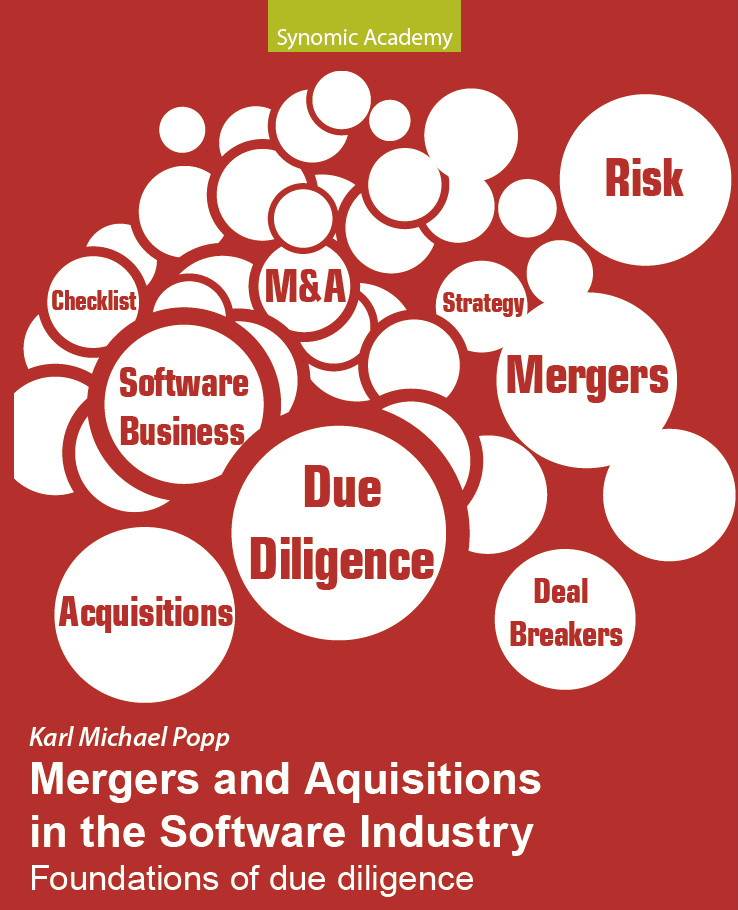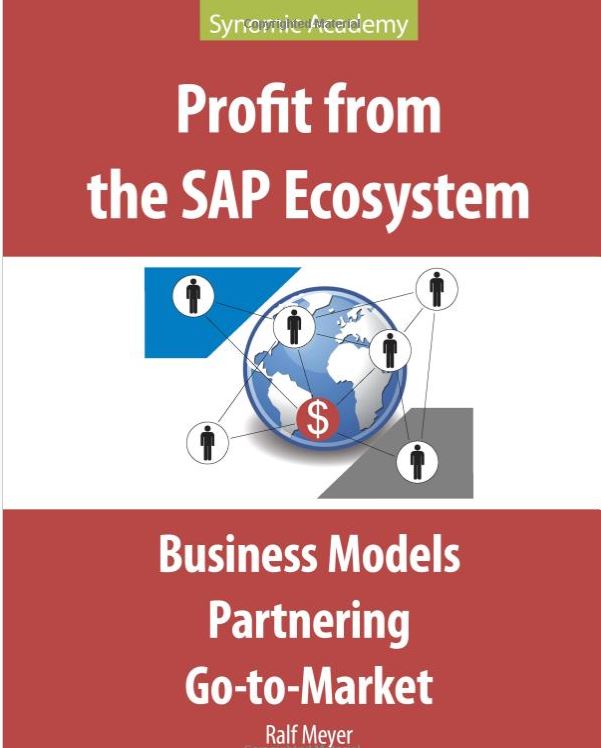Unlocking the Potential of Automatic Blackening in Mergers and Acquisitions
Unlocking the Potential of Automatic Blackening in Mergers and Acquisitions
Mergers and acquisitions are complex processes that require careful management of sensitive information. During this intricate process, certain documents need to be kept confidential until the deal is sealed. This is where automatic blackening of documents comes into play.
What it is
Automatic blackening is the process of censoring confidential information in documents using automation technology. This ensures that any sensitive information in the documents is not disclosed to unauthorized parties. In mergers and acquisitions, this can be of immense value, as it helps manage risks, maintains confidentiality, and makes the process less prone to errors.
Streamline data protection
With the help of automatic blackening, companies can streamline their data protection processes during mergers and acquisitions. By eliminating the need for manual labor, this technology can save time and resources.
Additionally, blackening data using software reduces the margin for human error, ensuring that confidential information stays confidential.
Secure storage
Another benefit of automatic blackening is that it provides secure storage of the information. Since companies need to keep track of several confidential documents during acquisitions and mergers, it's crucial to ensure that these documents are stored securely. Blackening the documents using automation technology provides an added layer of security and guarantees that they are not disclosed to unauthorized persons. In conclusion, automatic blackening of documents is a critical tool for companies handling sensitive information during mergers and acquisitions.
Summary
With its ability to reduce the margin for human error, streamline protection processes, and provide secure storage, companies can ensure that sensitive information remains confidential throughout the process. Incorporating automatic blackening into your data protection policies will provide your company with an extra layer of security and help you mitigate risks involved in complex transactions.









